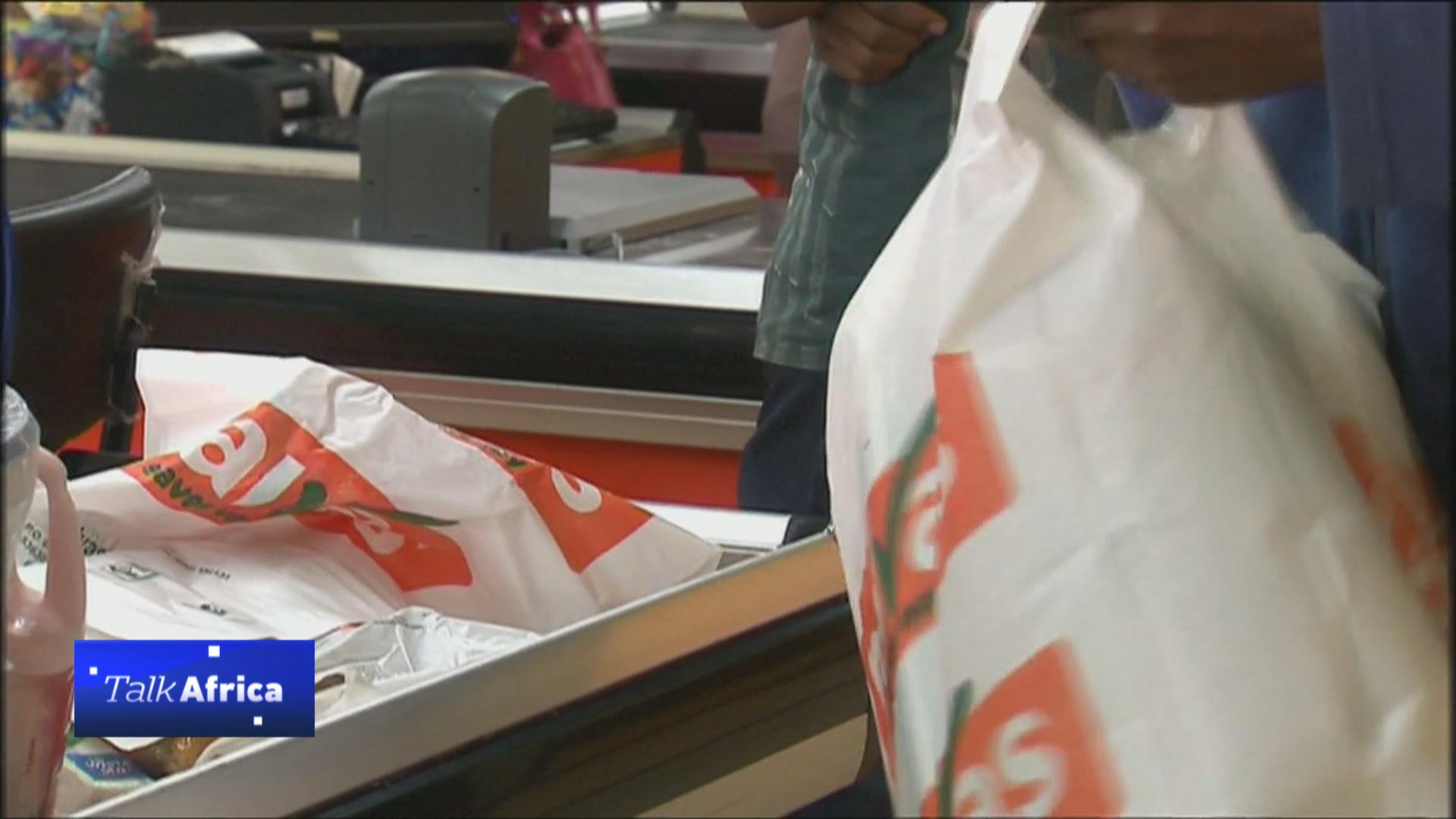
Talk Africa: Kenya’s Plastic Ban
In Kenya, over 24 million plastic bags are used monthly, which also constitutes the biggest challenge to solid waste management in the country, but possibly not for long.
The country is set to become the latest African nation to ban the manufacture and importation of all plastic bags used for commercial and household purposes.
But the proposal has raised some opposition, with manufacturers and importers contesting it in court, citing that the ban will cause economic harm to the country.
But what lengths will eliminating plastic bags go towards conserving Africa’s environment?
Is there a middle ground between the economic and environmental arguments?
And will the latest round of attempts to effect the plastic bag ban hold even as neighboring countries in the region like Rwanda have achieved considerable success in managing plastic waste?
In part 1 of Talk Africa, Beatrice Marshall assesses the impact of plastics bags in Kenya.
Also, an interview with the Director-General of the Rwanda Environmental Management Authority brings insights into the country’s successes and challenges in managing the plastic bag ban.
Now plastic bags are light, low cost and can be produced in a variety of shapes and sizes, giving them a wide range of uses. But these advantages have led to a much bigger environmental concern: pollution.
The Kenyan government is keen on succeeding this time in its plastic bag ban, following unsuccessful attempts in 2007 and 2011, and has launched awareness campaigns to increase effectiveness.
As it currently stands, the prohibition is on “the use, manufacture and importation of all plastic bags used for commercial and household packaging”. These fall into two main categories – the carrier bag and the flat bag.
The carrier bag is the common single-use plastic bag constructed with handles – the kind handed out at most supermarkets. Whereas the so called flat bag is similar, but has no handles. The ban does not extend to industrial packaging.
Importers and sellers of plastic bags have sued the Environment Cabinet Secretary to suspend the ban saying it does not comply with the law and that the country will suffer economic losses if it is imposed.
The 30 plastic bag manufacturers in the country have a combined capital investment of over 77 million U.S. dollars, which they claim creates up to 60,000 direct jobs – all of which could be lost if the ban goes ahead.
John Msafari, Chairman of the Kenya Fish Exporters and Processors Association says that” there is one misconception; that the industry is against a pleasant environment. Absolutely not! The industry very much supports the initiative to have a clean environment.”
Mr. Msafari whose fish industry pumps in 4 billion Kenyan shillings annually to the Kenyan economy decries the opting for “an easy option” without a proper impact assessment being carried out on the proposed ban.
Mercy Karunditi from the Green Belt Movement however points to the huge menace caused by the plastic ban and the sacrifice on the environment as being too grave to justify plastic bag production.






